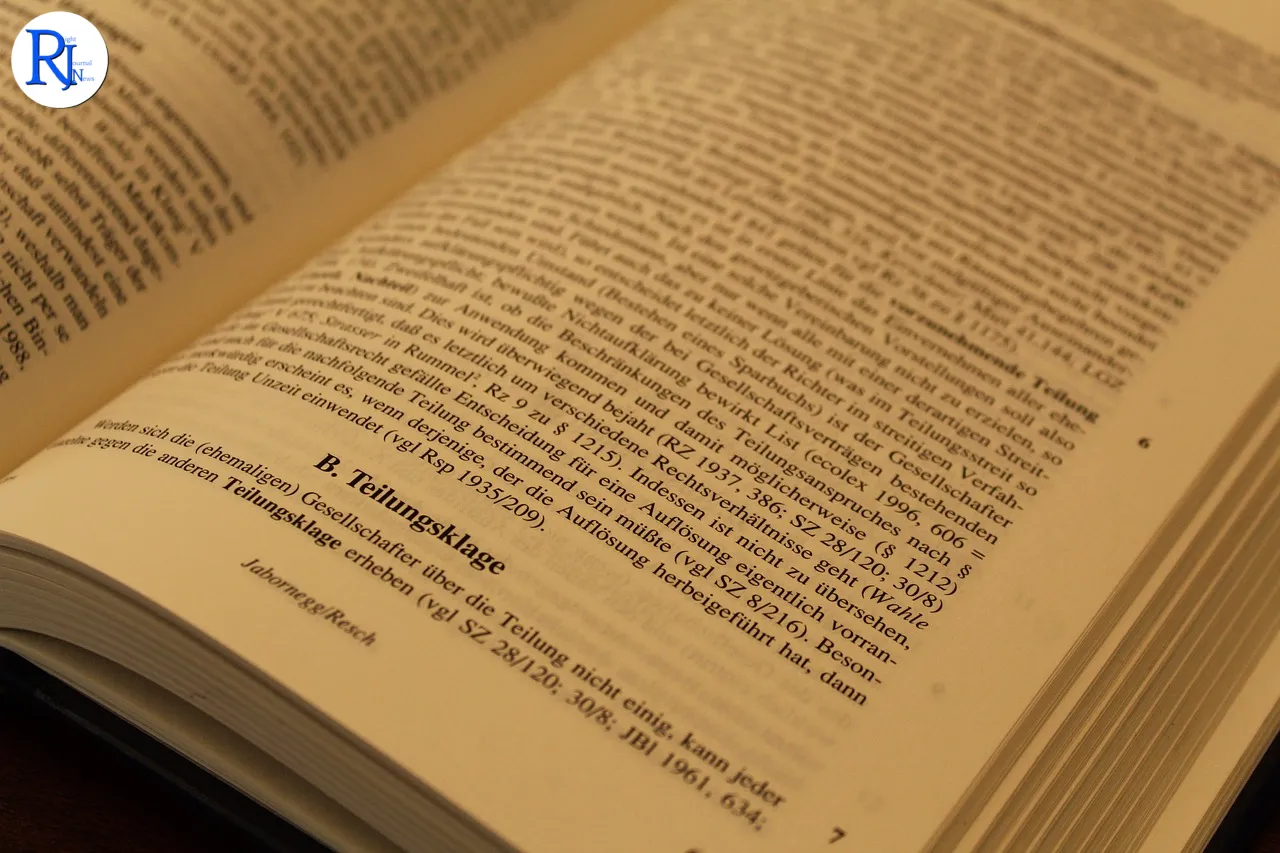A prominent City law firm has received judicial approval to proceed with a legal case initially taken on from former clients, a move that may help avert a potential professional negligence lawsuit. The High Court’s decision, announced this week, permits the firm to continue representing the interests of their ex-client under an assignment arrangement, a development closely watched in legal circles.
The case, which centres around a complex financial transaction, involves claims of significant mismanagement by a third party that allegedly resulted in substantial losses for the former clients. By pursuing the claim, the law firm aims to recover these losses, thereby potentially reducing the risk of facing a negligence claim themselves. The court’s ruling underscores the legal system’s nuanced approach to assignment cases, highlighting the balance between client rights and professional obligations.

The Court’s Decision: Timing and Location
The High Court’s ruling was delivered in London on Monday, marking a pivotal moment for both the law firm and its former clients. The decision allows the firm to continue its pursuit of the claim, which they argue is crucial for mitigating financial repercussions stemming from the alleged mismanagement. The case has drawn considerable attention due to its implications for professional conduct and the assignment of legal claims.
The timing of the ruling is critical, as it arrives amidst ongoing debates about the ethical boundaries of legal assignments. Such cases often involve intricate legal arguments about the rights of parties to transfer claims and the responsibilities of legal practitioners in managing these transitions. The High Court’s decision is expected to influence similar cases in the future, providing a reference point for the assignment of claims in legal practice.
Background of the Case: Financial Mismanagement Allegations
The roots of this case lie in a financial transaction that the former clients allege was mishandled by a third party, leading to significant monetary losses. The law firm, initially representing these clients, took on the claim under an assignment agreement after the original clients decided not to pursue the case themselves. This strategic decision was made to potentially recoup the losses while protecting the firm from a professional negligence action.
Legal experts note that such assignments can be fraught with challenges, as they require clear articulation of the rights and responsibilities transferred. In this instance, the law firm argued that their continued pursuit of the claim was both legally permissible and ethically sound, given the circumstances surrounding the alleged mismanagement.
Legal Implications: Professional Conduct and Assignments
The court’s decision has sparked discussions about the broader implications for professional conduct within the legal industry. Assignments of claims are a contentious issue, often raising questions about the ethical duties of lawyers to their clients and the potential for conflicts of interest. In this case, the court’s ruling affirms the firm’s ability to proceed, provided they adhere to strict ethical guidelines.
This decision also highlights the importance of transparency and diligence in handling assigned claims. Legal practitioners emphasise the need for clear communication with clients about the nature of assignments and the potential risks involved. The High Court’s ruling may serve as a precedent, guiding future cases where law firms seek to manage claims through assignment agreements.
Expert Insights: Balancing Client Rights and Legal Strategy
Legal analysts have weighed in on the case, noting the delicate balance between protecting client rights and executing effective legal strategies. The assignment of claims can offer a viable path for law firms to address complex legal issues, but it requires careful consideration of ethical standards and client interests.
Experts suggest that the High Court’s approval reflects an understanding of the practicalities involved in such cases, where the primary goal is often to maximise recovery while minimising legal exposure. This case serves as a reminder of the critical role that legal ethics play in navigating assignments, ensuring that client interests remain at the forefront of any legal strategy.
Moving Forward: Potential Impacts and Future Cases
As the law firm continues to pursue the claim, the legal community will be closely monitoring the outcomes and any subsequent legal developments. The High Court’s decision may pave the way for more law firms to consider assignments as a strategic tool, provided they maintain rigorous ethical standards.
Looking ahead, this case could influence future discussions about the role of assignments in legal practice, potentially shaping regulatory frameworks and professional guidelines. The decision underscores the evolving nature of legal ethics and the need for ongoing dialogue about the responsibilities and rights of legal practitioners in an increasingly complex legal landscape.
In conclusion, the High Court’s ruling represents a significant step in a complex legal journey, offering both challenges and opportunities for the law firm and its former clients. As the case unfolds, its implications will likely resonate throughout the legal industry, informing future approaches to assignments and professional conduct.

